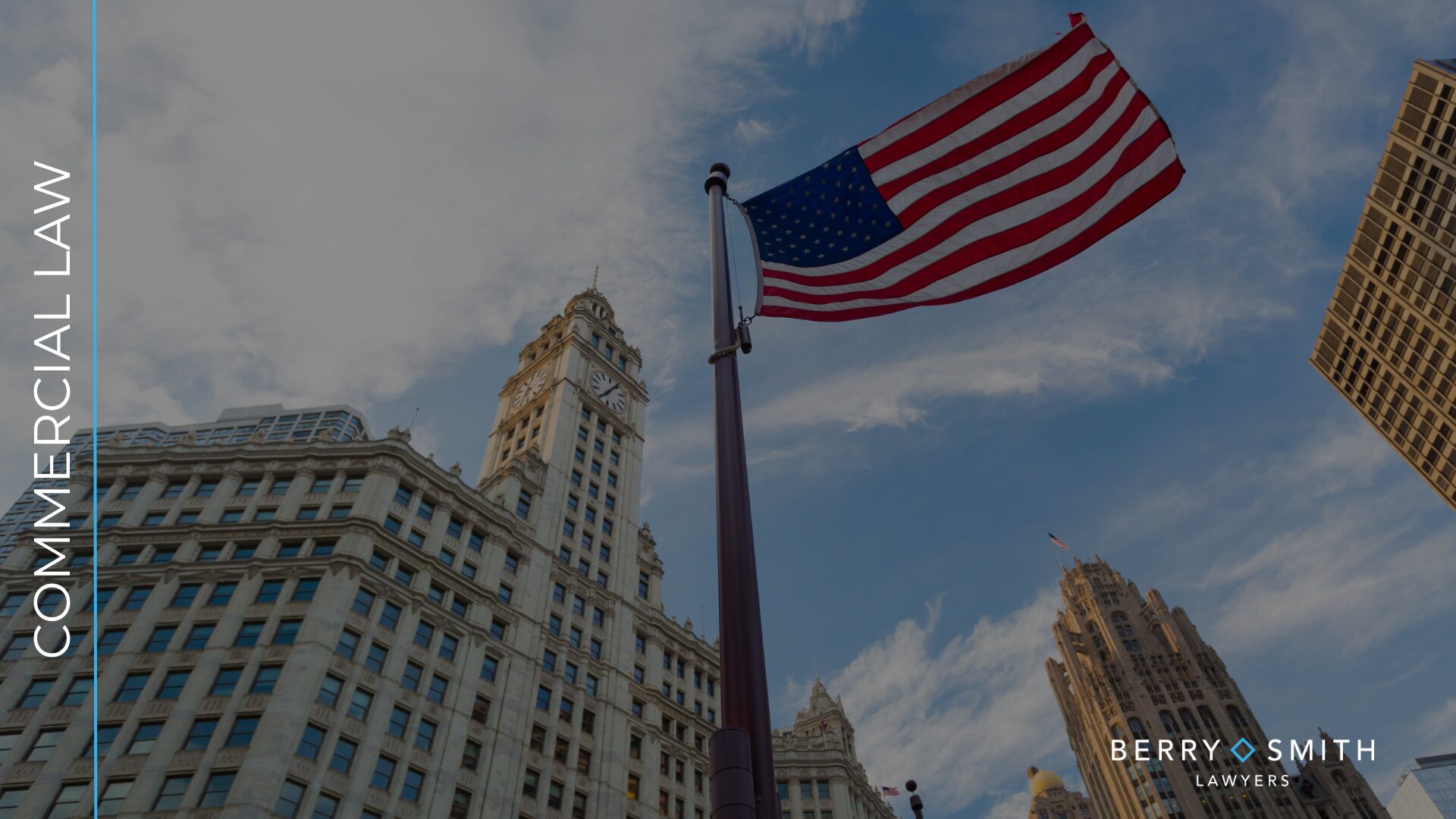This week, Donald Trump made headlines after publicly claiming that Tylenol (known in the UK as paracetamol) should no longer be prescribed to pregnant women, linking its use to rising autism rates in children.
Trump warned that women should only take the painkiller in cases of extreme fever and should otherwise “fight like hell” to avoid it. His comments, however, were met with strong opposition from medical experts, both in the U.S. and the UK.
In the UK, health officials reiterated that paracetamol remains the safest option for pain relief during pregnancy, while the American College of Obstetricians and Gynecologists publicly dismissed the alleged link as scientifically unfounded and potentially harmful.
While the science may not support the claim, it raises a much broader issue for all businesses:
What happens when public figures, media or customers make serious allegations about your product or service?
Allegations Travel Faster Than Facts
Allegations like those aimed at Tylenol, even when entirely speculative, can spread rapidly via social media, news outlets, or word-of-mouth. If your business finds itself in the spotlight, the impact can be immediate:
· Lost sales and cancelled contracts
· Supplier or investor hesitation
· Internal disruption and staff concerns
· Long-term reputational damage
This is particularly dangerous for companies selling health-related, safety-sensitive, or consumer goods, where trust is central to commercial success.
What Commercial Protections Should Businesses Have in Place?
1. Ensure advertising and claims are legally compliant
If you promote a product or service, your advertising must be clear, accurate and evidence based. Under UK law, misleading claims can trigger Trading Standards investigations, ASA complaints or even civil claims. This includes:
· Health related claims
· Environmental claims
· Performance guarantees
· Testimonials or endorsements
2. Use liability clauses wisely in commercial contracts
Allegations can quickly lead to blame being passed along a supply chain, particularly in manufacturing, distribution, and retail arrangements.
Well-drafted commercial contracts should:
· Clearly define who is responsible for product information and labelling
· Include appropriate liability exclusions or caps
· Contain indemnities where one party’s actions could cause reputational or regulatory harm to another
Without these protections, a business may find itself liable for reputational damage it didn’t cause, or facing costly litigation to resolve who’s at fault.
3. Consider the Wider Impact on Business Relationships
In the wake of public allegations, it’s not just consumers who may lose trust; manufacturers, suppliers, resellers, and investors may also seek to distance themselves from perceived risk.
Your contractual framework should account for this. Consider:
· Notification requirements for reputational issues
· Termination rights linked to adverse publicity
· Reputation protection clauses in supply agreements
These clauses aren’t just legal technicalities, they’re part of commercial risk planning, helping you stay in control when the unexpected hits.
Berry Smith’s Bottom Line
While Trump’s Tylenol claims may be politically charged, the lesson for businesses is real: allegations can damage trust faster than the law can react. That’s why businesses must have the right commercial safeguards in place from the outset.
At Berry Smith, we advise clients on things from contract drafting to limit liability and protect reputation, to risk reviews of supplier and distribution agreements.
Whether you’re a startup, a manufacturer, or a growing consumer brand, we can help ensure your legal framework supports your business when it matters most.
Contact our Commercial team today!
